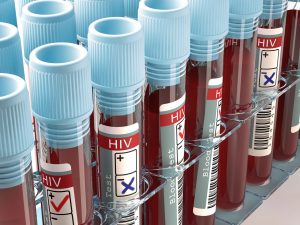The National Health Insurance Authority (NHIA) has assured it is working to address the concerns of the pharmaceutical sector resulting from production challenges because of increased costs of production.
Speaking to Citi News, the spokesperson for NHIA, Barima Sarpong said the authority was still supporting the sector.
“Almost every month, we are able to pay something to our providers,” he noted.
Because of challenges of cost of production brought on by the depreciation of the cedi, the Ghana National Chamber of Pharmacy, Pharmaceutical Importers and Wholesalers Association, and Pharmaceutical Manufacturers Association of Ghana say they have resorted to the cash-and-carry system.
The associations say economic indicators such as high inflation, high-interest rates, increase in fuel prices and high cost of utility are affecting the prices of raw materials which translates to the high cost of the finished product.
The cedi has been singled out as the worst-performing currency, and the NHIS relies on inflows which are not indexed to the dollar.
It is thus using an old reimbursement formula to pay pharmacies and hospitals.
The Executive Secretary of the West Africa Manufacturers association, Lucia Addai, said there could be a 1,000 percent increase in the price of pharmaceuticals because of the deprecation of the cedi, among others.
The cedi has fallen by over 50 percent to the dollar in 2022.






